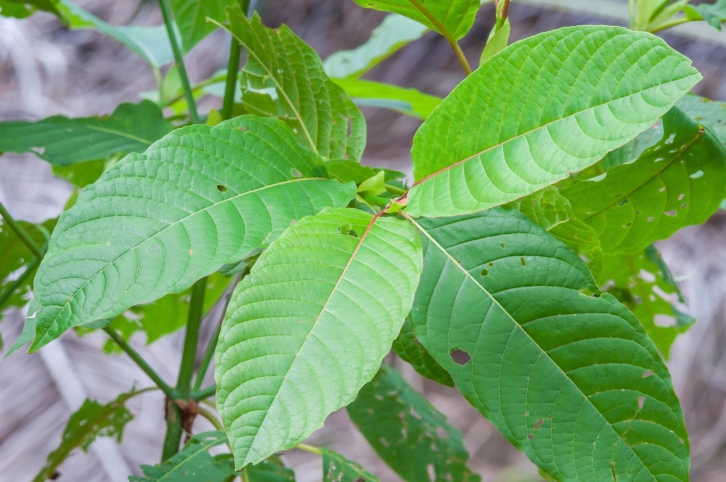FDA finds heavy metals in some kratom products
FDA’s top official revealed this week that his agency identified heavy metals, including lead and nickel, in some kratom products at levels unsafe for human consumption.

FDA’s top official revealed this week that his agency identified heavy metals, including lead and nickel, in some kratom products at levels unsafe for human consumption.
“While the levels of the specific products we’ve tested so far are not likely to result in immediate acute heavy metal poisoning from a single use, some of these products included levels that, with chronic use, could cause some people to suffer from heavy metal poisoning,” FDA Commissioner Scott Gottlieb, M.D., said in a Nov. 27 statement. “We are concerned that there may be other kratom products on the market that also contain heavy metals.”
The revelation is just the latest warning from FDA that kratom, a botanical from Southeast Asia, poses risks to human health.
Gottlieb said FDA scientists tested 26 separate kratom products obtained by the agency’s field investigators as part of efforts related to a multistate outbreak of salmonella infections or concerning actions taken by FDA to protect consumers from unsubstantiated claims from marketers that their unapproved kratom products treat serious medical conditions.
Lyndsay Meyer, an FDA spokeswoman, confirmed all 26 products contained lead and/or nickel.
Kratom is consumed for various purposes, experts said, including treatment of minor pain, to relieve anxiety and for respite from withdrawal symptoms associated with use of opioids. The botanical--otherwise known as Mitragyna speciosa--has been used for more than a century in Southeast Asia, and an estimated three to five million Americans use kratom.
FDA has described certain compounds in kratom as opioids, and Gottlieb said the botanical is not legally marketed in the United States as either a drug or dietary supplement.
“For individuals seeking treatment for opioid use disorder who are being told that kratom can be an effective treatment, I urge you to seek help from a health care provider,” he said. “More widespread adoption of treatment with safe and effective FDA-approved medications, coupled with relevant social, medical and psychological services, has the highest probability of being the most effective way to help those suffering from opioid addiction transition to lives of sobriety.”
As reported earlier this month by STAT, the U.S. Department of Health and Human Services (HHS) through FDA has recommended to the Drug Enforcement Administration (DEA) that two compounds in kratom—mitragynine and 7-hydroxymitragynine—be controlled as Schedule I drugs under the Controlled Substances Act.
If adopted by DEA through a scheduling action, HHS’ recommendation would place kratom in the same drug category as heroin, peyote and LSD, making the botanical unlawful to purchase in the United States and forcing consumers who wanted it to turn to the black market.
On Nov. 28, a group of researchers and scientists sent a letter to federal agencies including FDA expressing “major concerns” regarding HHS’ “conclusions, the actions that could be based upon it, and the implications for public health.”
An eight-factor analysis conducted by FDA, the researchers proclaimed, neglected to “include the serious public health consequences that will result from scheduling kratom, including potential exacerbation of the opioid epidemic.”
About the Author(s)
You May Also Like






.png?width=800&auto=webp&quality=80&disable=upscale)